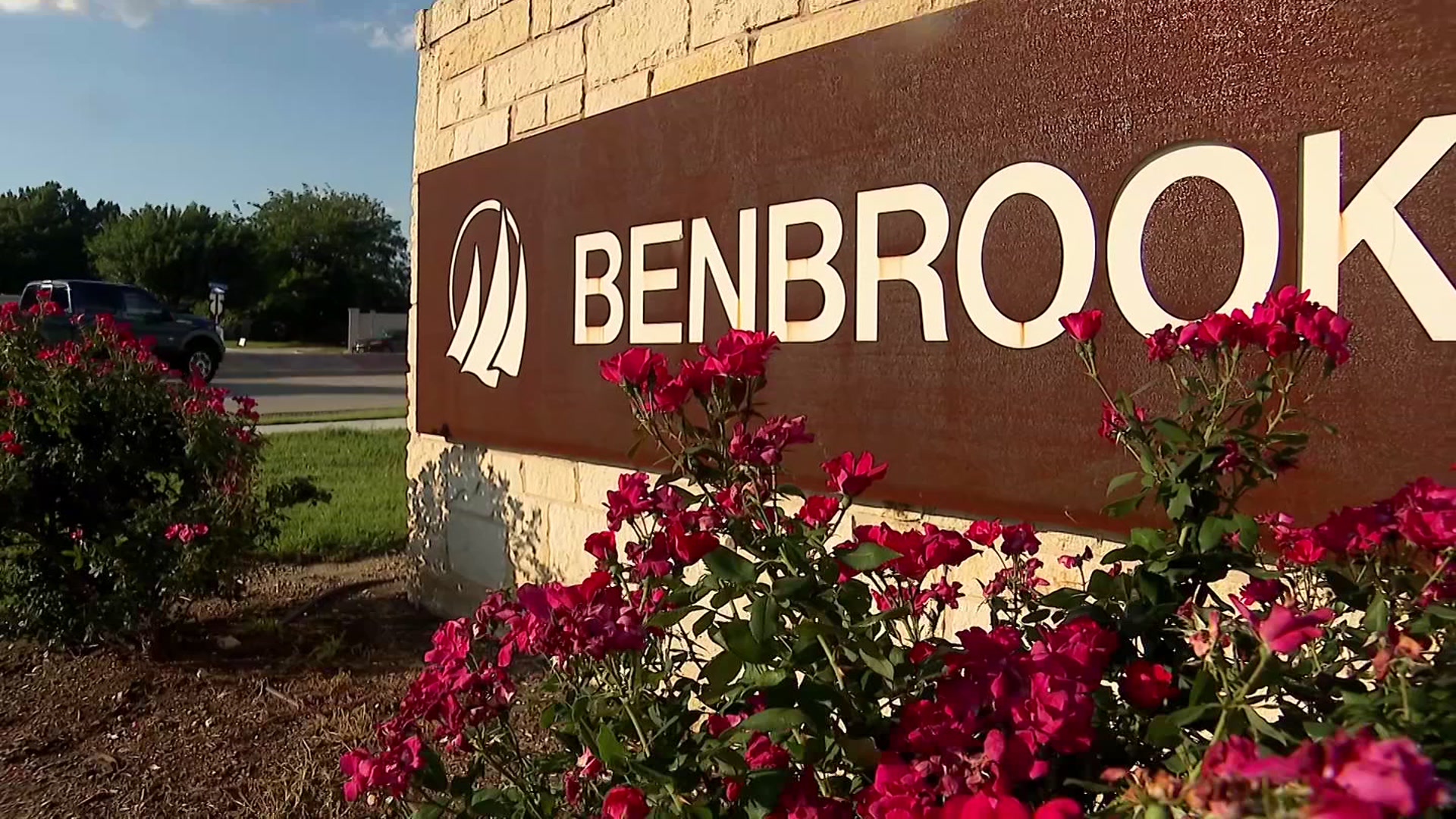Lawmakers down in Austin continue to negotiate on the one thing they have to do this year – pass a budget. NBC 5 political reporter Phil Prazan takes a look at one of the line items in that two-year budget — Medicaid reimbursement to caretakers.
Lawmakers in Austin continue to negotiate on the one thing they must do during their legislative session — pass a balanced state budget. It's expected to be nearly $340 billion over the next two years and will impact the daily lives of Texans in countless different ways.
One of the thousands of line items in the document deals with Medicaid reimbursement to caretakers. Federal and state tax dollars reimburse workers for many types of work across the state. Advocates often argue the rates they're paid aren't enough. One example took NBC 5 to Cross Roads in Denton County.
Watch NBC 5 free wherever you are
More than 40 residents live in scattered homes near Lewisville Lake. Young adults with autism or other intellectual and developmental disabilities (IDD) live with 24/7 staff supervision at the independent living community 29 Acres.
On Thursday, Mariah Roberts prepared dinner with a group of clients ahead of a cooking class. It's part of a program teaching the young autistic adults life skills: cooking, cleaning, how to go to the doctor and how to apply for jobs.
Get top local stories delivered to you every morning with NBC DFW's News Headlines newsletter.
"Whether it's the littlest thing to just showing up every day and keeping it consistent and then pushing them just a little bit farther than they're used to so that they can gain that skill," said Roberts.
The State of Texas helps pay for the round-the-clock staff at 29 Acres through Medicaid. Right now, staff are reimbursed $10.60 per hour. That's not enough, according to the founder, Dr. Debra Caudy, who has to fundraise $400,000 a year to fill the gap.
"I mean, I could build one or two houses every year with that money," said Dr. Caudy.
Local
The latest news from around North Texas.
More money is needed from the state, she told NBC 5. One industry group reports that one out of three jobs like her staff's are vacant across the state.
"I mean, these are human beings that we're dealing with. They have beating hearts and they could be, you know, your grandbaby or you know, one of our legislators' grand grandbaby. I mean, autism is common," said Dr. Caudy.
She's closely watching the state budget, where negotiators currently haggle over the details, negotiating her needs with thirty million other Texans.
“I’m not saying that people that work with our IDD population don’t deserve more money," said Sen. Lois Kolkhorst, R-Brenham, on the Senate floor earlier this Spring when talking about the program. She's overseeing that section of the budget and is aiming for an hourly reimbursement of $12.44 per hour.
“We’re going to negotiate. My goal is to not go below $12.44," said Sen. Kolkhorst.
According to budget documents in the House, the lower chamber wants to go up to $17.50 for IDD caretakers through the Home and Community-Based Services program.
The details have to be hashed out this next week and approved by both chambers. Dr. Caudy is hoping the higher number wins out. She believes with a $24 billion budget surplus and a "rainy day fund" just as big, Texas can afford it.
“I think Texas is a wealthy state. I know that we can do it," she said.



